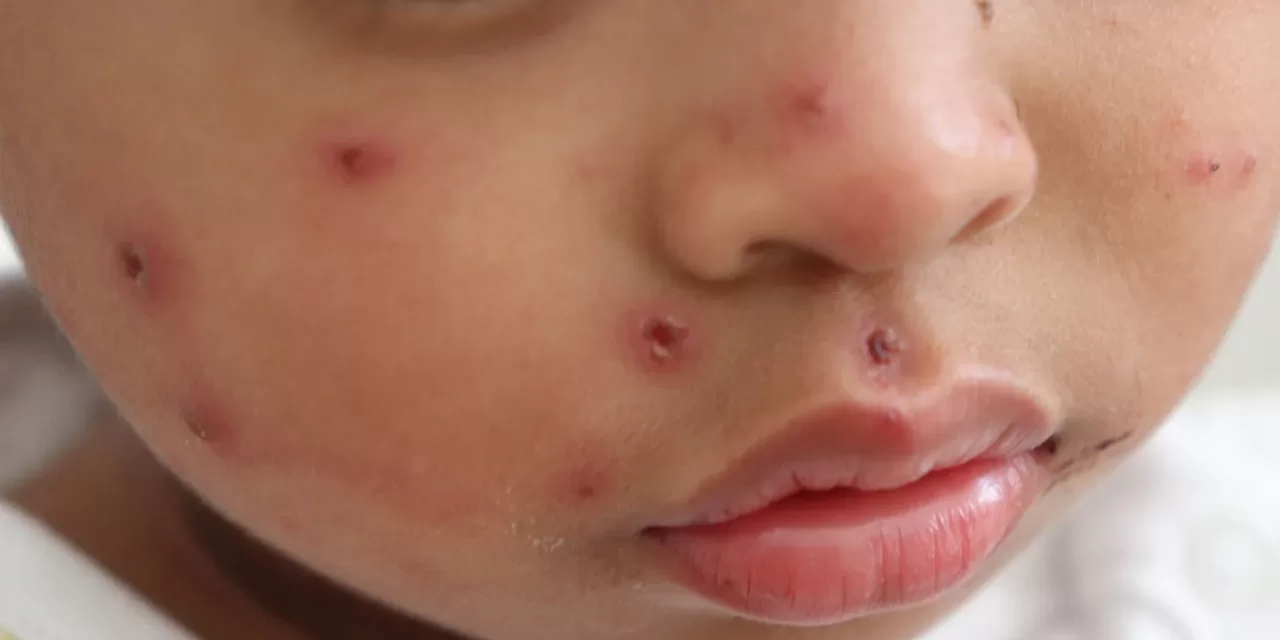Sydney, Australia – Health authorities are issuing urgent warnings to travelers as measles cases surge globally, with recent alerts in New South Wales highlighting the risk. On March 26, NSW Health advised the public to be vigilant for measles symptoms after an infectious individual visited Sydney Airport and locations in western NSW, having recently returned from Southeast Asia.
This alert follows a series of similar warnings across Australia, driven by active measles outbreaks in popular tourist destinations such as Vietnam, Thailand, and Indonesia. The highly contagious viral illness, which can spread through coughs and sneezes, poses a significant risk to unvaccinated individuals.
Measles symptoms begin with fever, runny nose, cough, and conjunctivitis, followed by a non-itchy rash. While children are most vulnerable to severe complications like ear infections, pneumonia, and encephalitis, adults can also contract and spread the virus.
Vaccination remains the most effective defense against measles. Australia’s National Immunization Program provides the MMR vaccine (measles, mumps, rubella) free of charge at 12 and 18 months of age. Despite the proven safety and effectiveness of the vaccine, immunity gaps are widening due to pandemic-related disruptions and declining vaccination rates globally.
“The global decline in vaccination coverage is a serious concern,” says health officials. “We are seeing an increase in measles cases worldwide, and with international travel resuming, the risk of importation and local spread is heightened.”
In 2023, only 83% of children worldwide received at least one dose of the measles vaccine, falling short of the 95% threshold needed to prevent outbreaks. Australia is also experiencing a slight decrease in childhood vaccination rates, with MMR vaccine coverage at 24 months falling between 2022 and 2023.
The global surge in measles is further exacerbated by the withdrawal of US funding from crucial health programs, including measles surveillance networks. Popular travel destinations for Australians, including India, Thailand, Indonesia, and Vietnam, are experiencing significant outbreaks.
Health officials urge travelers to:
- Check Vaccination Status: Ensure you and your family are up-to-date with measles vaccinations.
- Early Vaccination for Infants: Babies as young as six months traveling to high-risk areas can receive the MMR vaccine.
- Consult Healthcare Providers: If unsure of your immunity, consult your doctor about vaccination.
- Report Symptoms: If you develop symptoms after returning from overseas, inform your healthcare provider about your travel history before seeking in-person care.
“It’s crucial for travelers to be aware of the risks and take necessary precautions,” health officials emphasize. “Vaccination is the best way to protect yourself and prevent the spread of measles.”
Disclaimer: This news article is based on information provided by The Conversation and NSW Health. It is for informational purposes only and does not constitute medical advice. Please consult with a healthcare professional for any health concerns or before making any decisions related to your health or treatment.












